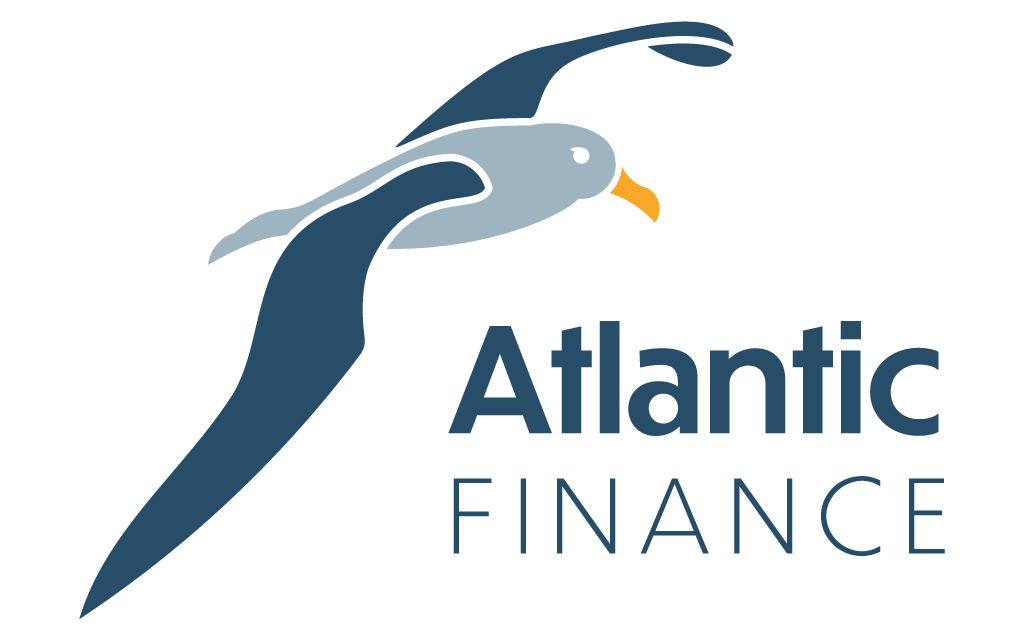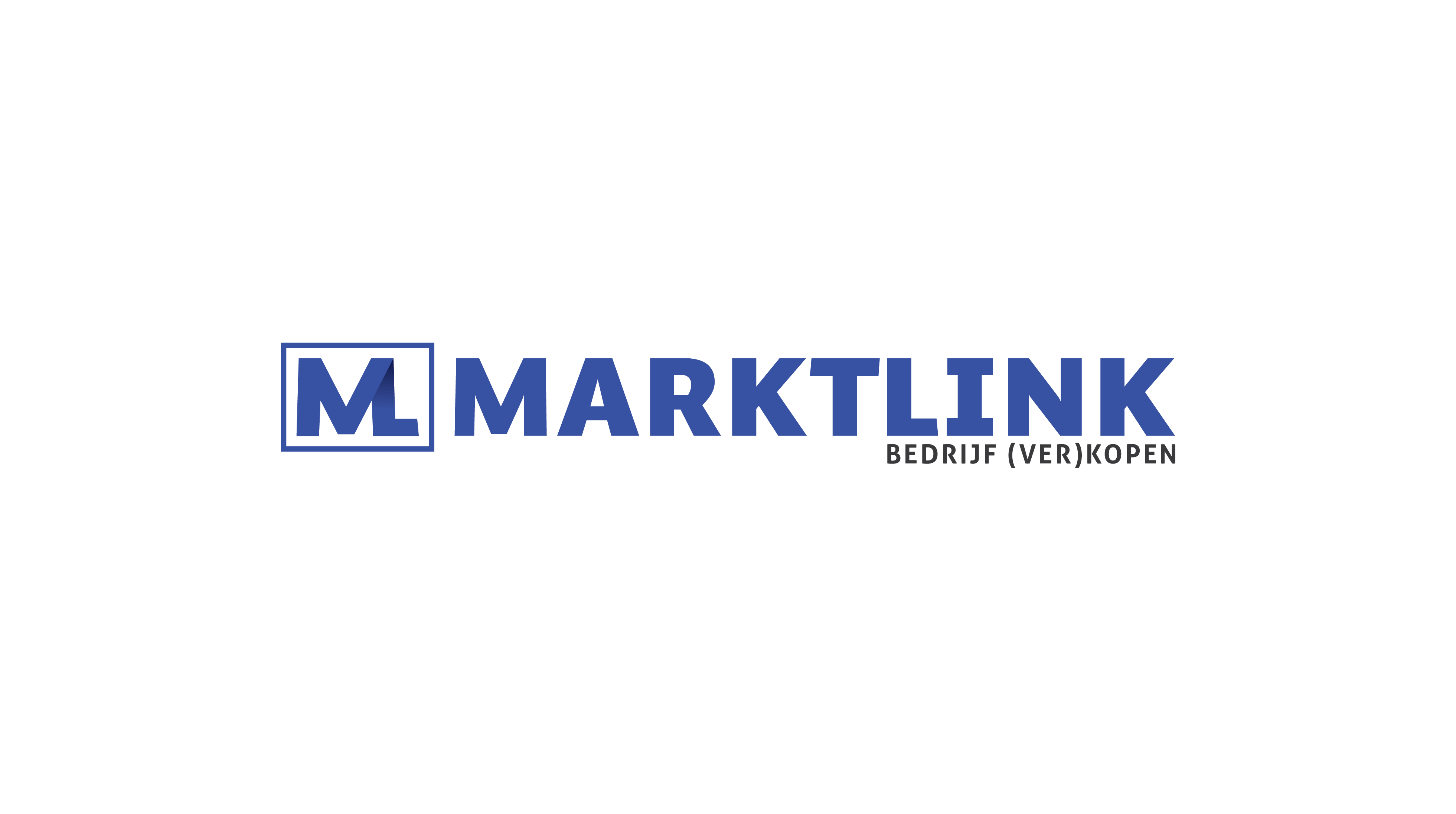2021 year in review: M&A surprisingly resilient
The Covid-19 pandemic has continued to challenge businesses during 2021. The health crisis - and the restrictions imposed to contain it - triggered the biggest global recession seen in the post-war period. Recovery will take time. Many small and medium-sized enterprises (SMEs) have been forced to close operations while the survivors have had to adapt overnight to new ways of working.
In the M&A market, the pandemic saw many firms take a wait-and-see approach, putting both current M&A transactions and their search for new targets on hold. But after nearly two full years of Covid-driven turbulence, is the dust settling?
Dealsuite surveyed M&A experts across different European countries and industry sectors to gain on-the-ground insight into their experiences. What have been the biggest challenges over the past year and how did they manage them? Do they look back at 2021 with a sense of satisfaction? And what do they expect 2022 to hold? The results were surprisingly positive.
Short-term blip
Respondents do not believe the pandemic has had any significant long-term effects on M&A activity. After suffering in the first half of 2020, deal activity picked up considerably in the second half of the year as companies adjusted their strategy and navigated their way out of the uncertainty. This recovery continued in 2021 with deal volume and valuations remaining healthy for all respondents. “Even though the start of the pandemic had delayed a great number of M&A transactions, now that the deal activity has picked up, the M&A activity is stronger than before the pandemic.” says Herve Camus from Atlantic Finance.
“In retrospect, the pandemic meant only a small dip, but this was quickly caught up again after the players learned how to deal with the new situation,” notes Jan Hückel legal M&A specialists at McDermott Will & Emery.
According to most respondents, activity had increased so significantly in 2021 that they are on a continuous recruitment drive to manage deal flow. UK-based private equity RDCP Group has grown its AUM from $150m at the end of 2020 to $350m in 2021 according to co-founder Sameer Rizvi, while Mark Rowntree, from Price Bailey, said he could not recall a busier period in the six years he had worked at the firm. “Just like the M&A market, the search for talent was also demanding and we couldn't get people quickly enough to help with the increased volume of work”
For most, the deal structures have evolved and locations have diversified. Price Bailey has seen an increase in deals involving Employee Ownership Trusts (EOTs) and structures involving greater vendor support (loans) and contingent consideration which both aim to mitigate some risk for the incoming buyer/investor.
Meanwhile, Fredrik Jonker said his firm Marktlink Fusies & Overnames has enjoyed particularly strong activity in the Benelux and Germany as well as an increase in international deals. It hired more than 20 new employees last year. Despite the challenging market dynamics, the portfolio companies of Strikwerda Investments have shown resilience. According to Johan Terpstra, Strikwerda Investments has signed over 15 add-on deals since the pandemic. “We are also in continuous hiring mode. Luckily we have been able to hire the right people so far that can truly make a difference in our organisation and contribute to the growth of our businesses. However, we are noticing the tight labour market dynamics.” Says Johan Terpstra.
Rapid digitalisation underpins recovery
As well as adapting to new deal structures, a large part of this recovery can be attributed to the adoption of technology. Digitalisation of the M&A process was in relative infancy before the pandemic struck, but the events of the past two years have rapidly accelerated the trend. M&A professionals found themselves quickly adapting to a virtual world, replacing traditional face-to-face methods with digital meeting and collaboration tools.
“Before the pandemic, it was common to meet with the negotiating teams - sometimes over several days,” explains McDermott Will & Emery’s Hückel. “Communication has now shifted almost completely to video and online conferences.”
And far from being a hindrance to business, the move online has enabled the sector to weather the storm created by the pandemic. For an industry built on trust and strong relationships, many professionals have been surprised by the results.
“We completed seven deals in the week before the March 21 budget, which was a record for our corporate finance team,” says Mark Rowntree from Price Bailey. “Our team has expanded, has worked remotely for most of the year and has continued to win and deliver good work.”
Tech remains in focus
In response to the economic slowdown and the rising demand for digital solutions, the market for recruiting technical skills has become increasingly tight with demand far exceeding supply. For Herve Camus at Atlantic Finance, a corporate finance firm specialising exclusively in the IT sector, this has generated new opportunities as IT companies recognise acquisitions as the only viable growth option.
In turn, the increasing acceptance of technology has opened up a wider universe of M&A opportunities, with cross-border deals also on the rise. “The popularity of special purpose vehicles and the shift to digital deal-making has brought efficiencies to an international M&A process,” says Mark Rowntree. “Vendors should therefore have a wider pool of potential buyers and investors to access which should in turn create a more competitive process and increase the likelihood of a successful outcome for the vendor”
2022: M&A levels high and competition fierce
The M&A market is expected to remain strong in 2022 with sentiment more positive than it has been for many years. According to our panel, activity will be stimulated by low interest rates, high investment pressure among private equity firms and financial investors as well as an increasing number of sales of private equity portfolio companies.. Many private equity firms, funds and large corporates have built up significant amounts of cash during the pandemic and are now ready to spend.
“With economic circumstance improving and a huge amount of dry powder, we expect M&A levels to be high and competition fierce,” says Johan Terpstra of Strikwerda Investments in the Netherlands.
Firms are more open to investing in asset classes that they had not previously considered, adds Hückel, including distressed assets, which have been kept from insolvency due to government stimulus in the vast majority of European countries.
As well as distressed assets, healthcare, MedTech and IT services/software in general will be trending sectors for investments. But professionals will also need to select opportunities more carefully.
“We will start to see more companies fall over,” says RDCP’s Rizvi, adding that valuations for both private and listed companies (at least in the US) are at all-time highs. “Private equity buyers continue to pay record multiples for businesses, borrowing through the roof to pay for these transactions. We are long overdue a market correction.”
Long-term cultural shift
Against this backdrop of surging demand and increased competition, successful dealmakers will be those that are best informed and can act quickly and decisively when opportunities arise.
Dealsuite makes it easy to filter for relevant deals in a wider pool of investment opportunities, both in your home market and abroad. It provides a secure platform for managing confidential information and negotiating transaction details, improving accuracy and reducing the execution time frame, therefore maximising your chances of deal success.
Online deal sourcing platforms and communication tools have made deal-making and networking possible during these unprecedented times but – now the efficiency of digital working has been realised – it looks like the shift is here to stay. Harnessing the right online deal sourcing platform could prove a key differentiator in the months – and years - ahead.

.svg)

.svg)

.svg)

.svg)











